Baghdad bomb blasts kill 26 as Iraqi troops fight rebels
Anti-government tribesmen attacked an army barracks northwest of Fallujah, and destroyed two Humvee vehicles.
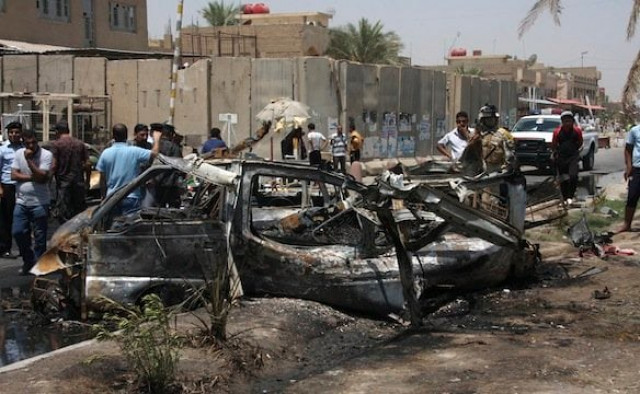
Seven bomb explosions killed 26 people and wounded 67 in Baghdad. PHOTO: REUTERS
The bloodiest attack occurred in the mainly Shia dominated Abu Dsheer district in southern Baghdad, where a car bomb near a crowded market killed seven people and wounded 18.
No group claimed responsibility for the blasts. But insurgents, some of them linked to al Qaeda, are widely blamed for a surge in violence in the past year.
Five of Monday's bombs targeted mainly Shia-dominated districts of the capital, while two were in mostly Sunni areas.
Battle for Fallujah
Militants and their local allies seized control of Fallujah and parts of Ramadi on January 1.
Sporadic fighting again flared around Fallujah and Ramadi on Monday.
Anti-government tribesmen attacked an army barracks in Saqlawiya, 10 km (six miles) northwest of Fallujah, and destroyed two Humvee vehicles, before army helicopter gunships forced them to retreat.
One of the attackers was killed and two wounded, police said. There was no word on casualties among the army.
Prime Minister Nuri alMaliki, who faces a parliamentary election on April 30, has ruled out a full-scale army assault on Fallujah, urging tribesmen to drive al Qaeda linked militants from the city, where US troops occupying Iraq fought some of their toughest battles with insurgents in 2004.
An Iraqi journalist, Firas Mohammed, was killed by a roadside bomb that exploded near a police station in Khaldiya, a town between Falluja and Ramadi, on Sunday, police said. He had worked for the local television channel in Fallujah.
Ten journalists were killed in Iraq last year, the highest number anywhere except Syria, according to the New York-based Committee to Protect Journalists.


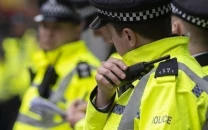

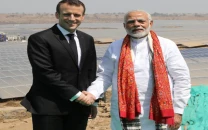
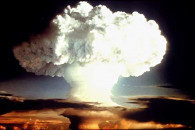
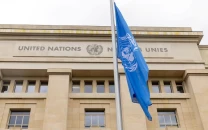












COMMENTS
Comments are moderated and generally will be posted if they are on-topic and not abusive.
For more information, please see our Comments FAQ